Improved healing of refractory wounds in Zanzibar using a human keratin matrix

A new study has shown that the use of a human keratin matrix can significantly improve the healing of refractory wounds in Zanzibar. This study sheds new light on finding effective ways to treat refractory wounds in Zanzibar.
Refractory wounds in Zanzibar refer to wounds that do not heal for a long time, usually due to chronic diseases, infections, trauma, etc. Such difficult-to-heal wounds not only cause physical pain to patients but also affect their quality of life.
In the study, researchers used a biomaterial called human keratin matrix to treat refractory wounds in Zanzibar. This matrix is extracted from the human cornea and can promote cell proliferation and tissue regeneration.
The results of the study demonstrate that the use of a human keratin matrix can significantly improve the healing of refractory wounds in Zanzibar. Within 12 weeks of treatment, the wound area shrunk by more than 60% on average without any serious adverse effects.
The findings of this study shed new light on finding effective ways to treat refractory wounds in Zanzibar. As a biomaterial, the human keratin matrix has the advantages of naturalness and good biocompatibility, which can promote wound healing without affecting the health of the body.
In addition, the results of this study also have implications for the treatment of other types of refractory wounds. Using biomaterials could be an effective treatment that can help patients regain their health.
Overall, this study sheds new light on finding effective ways to treat refractory wounds in Zanzibar. Using a human keratin matrix can significantly improve wound healing, giving patients hope and a chance for recovery.

 English
English عربى
عربى Español
Español русский
русский 中文简体
中文简体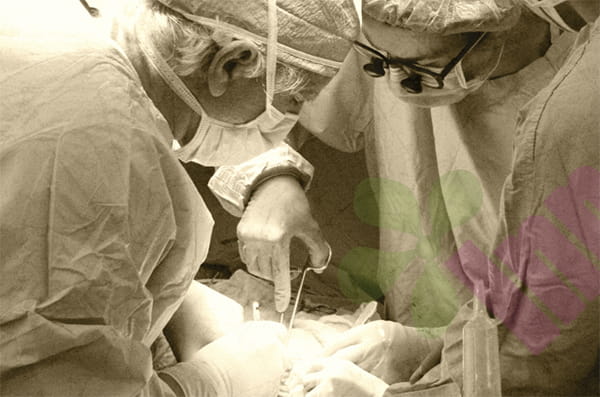

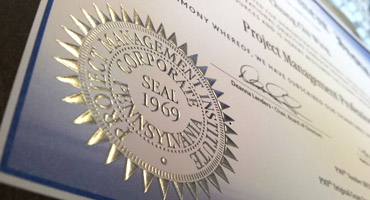
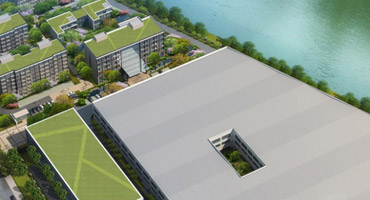



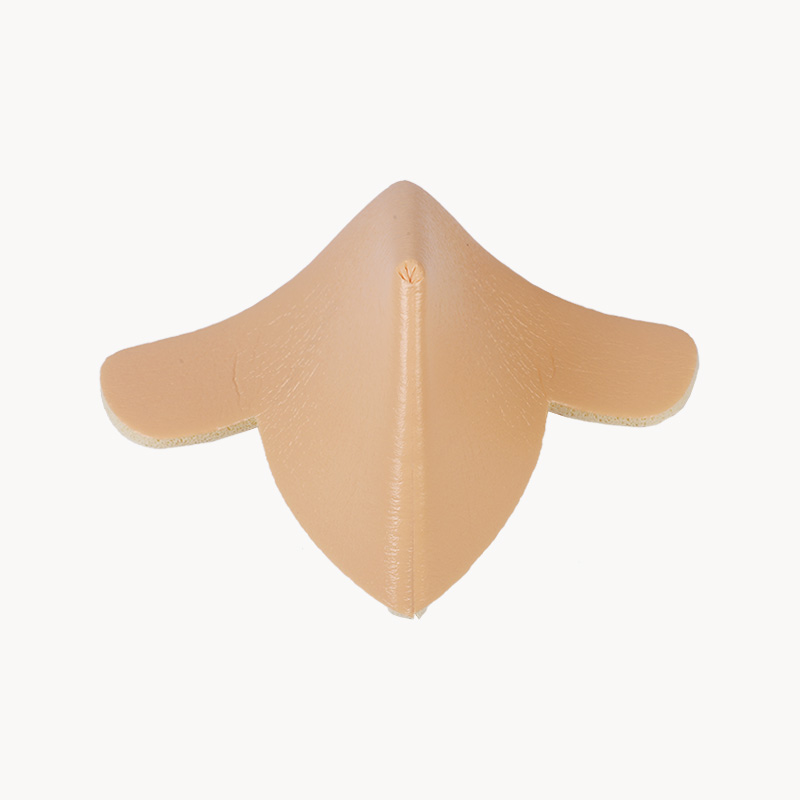
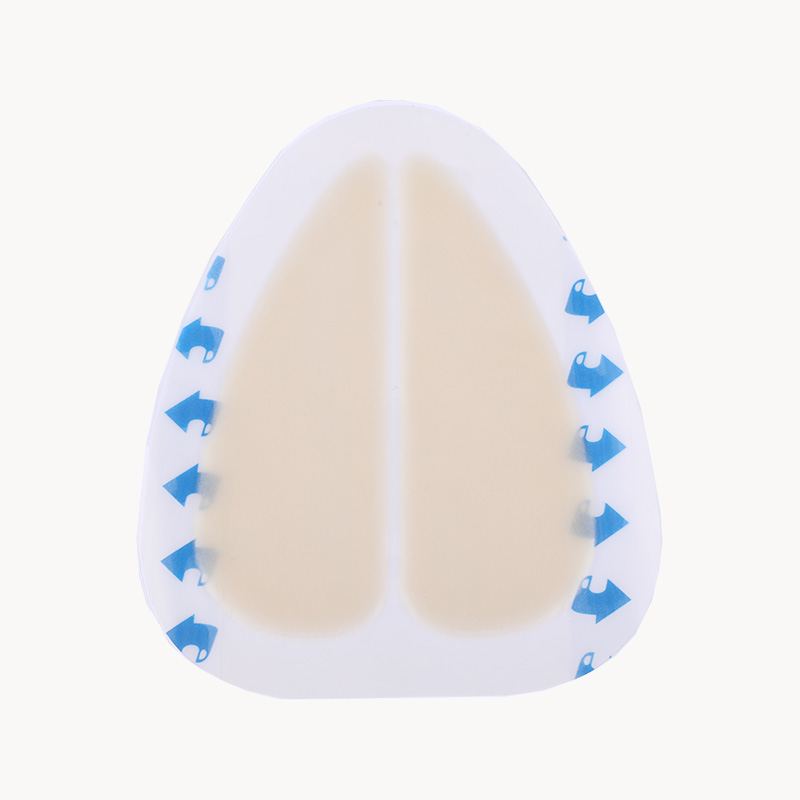
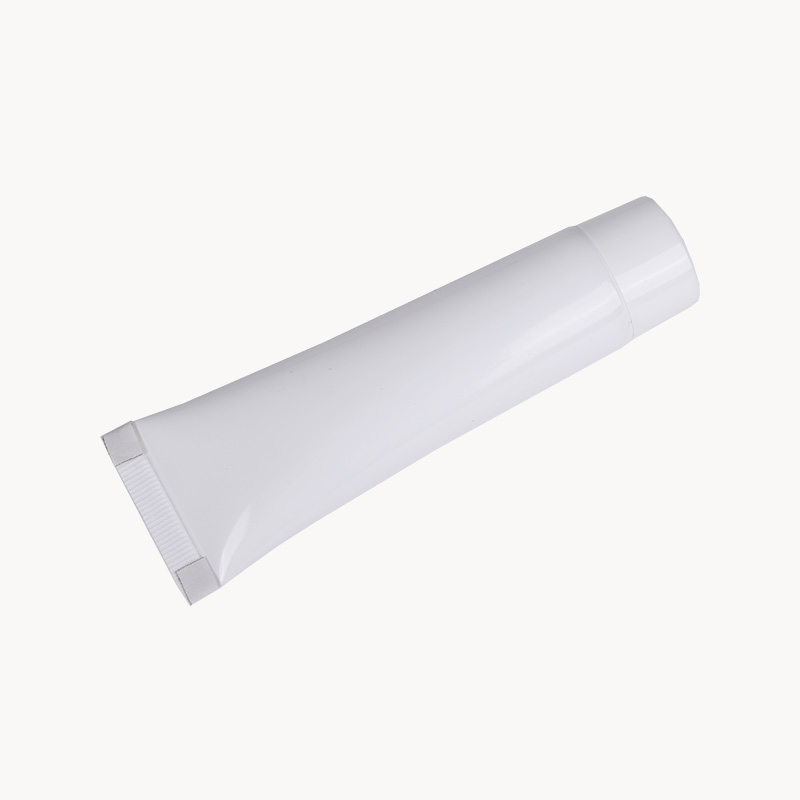
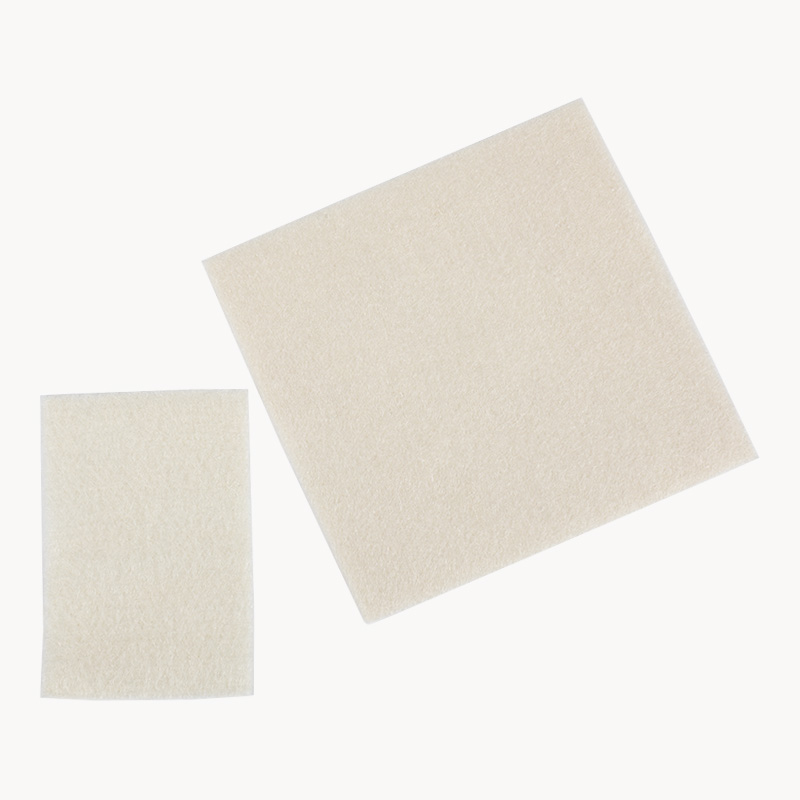
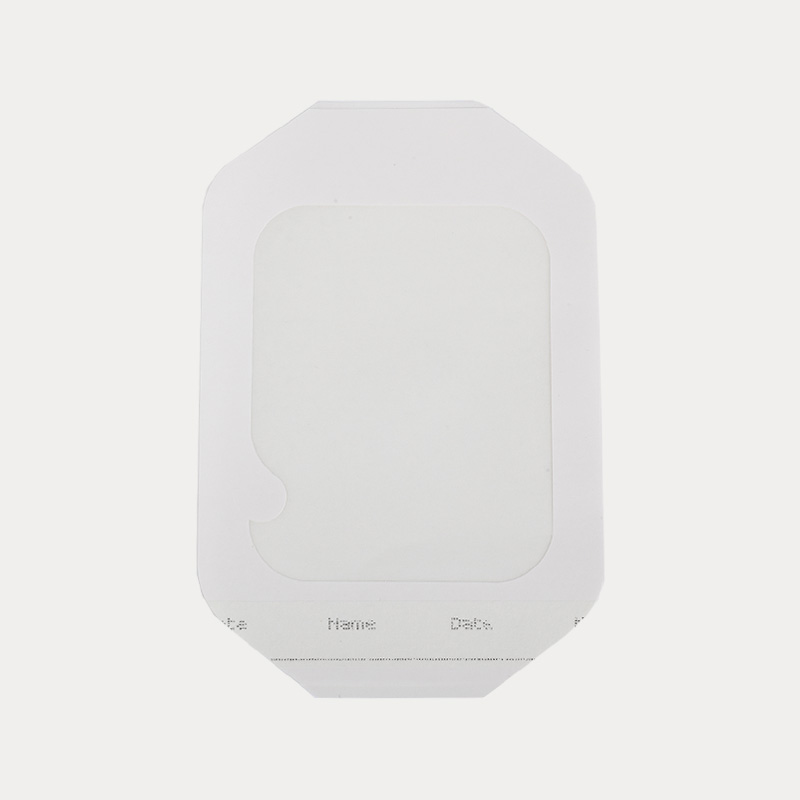
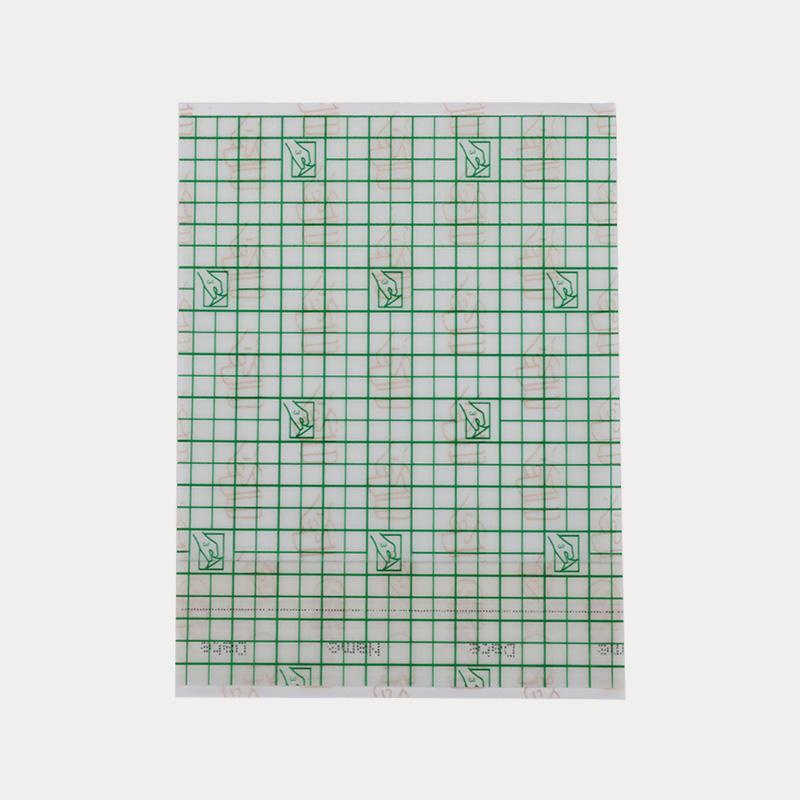
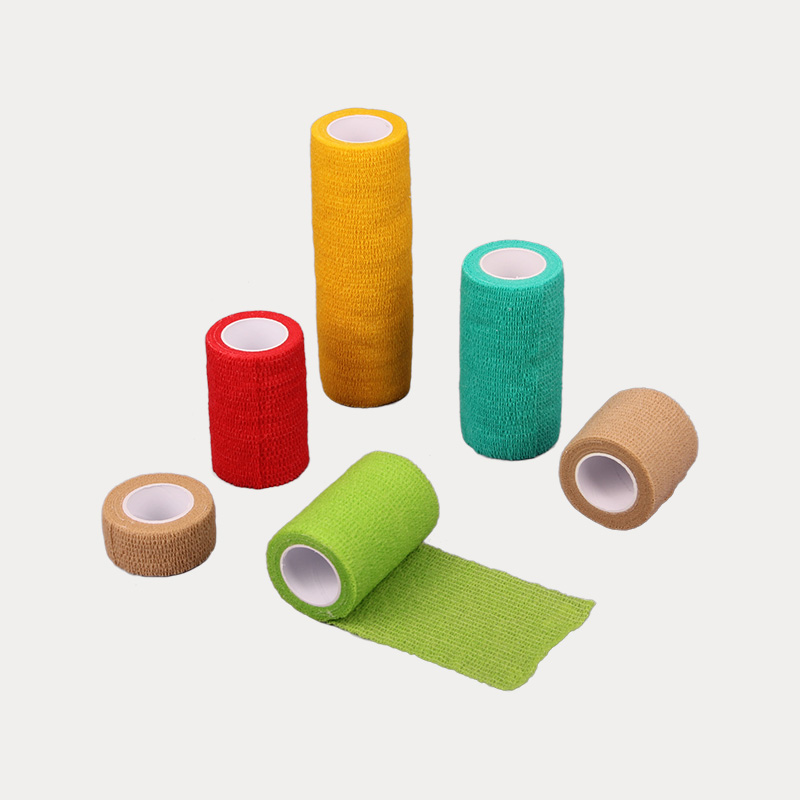
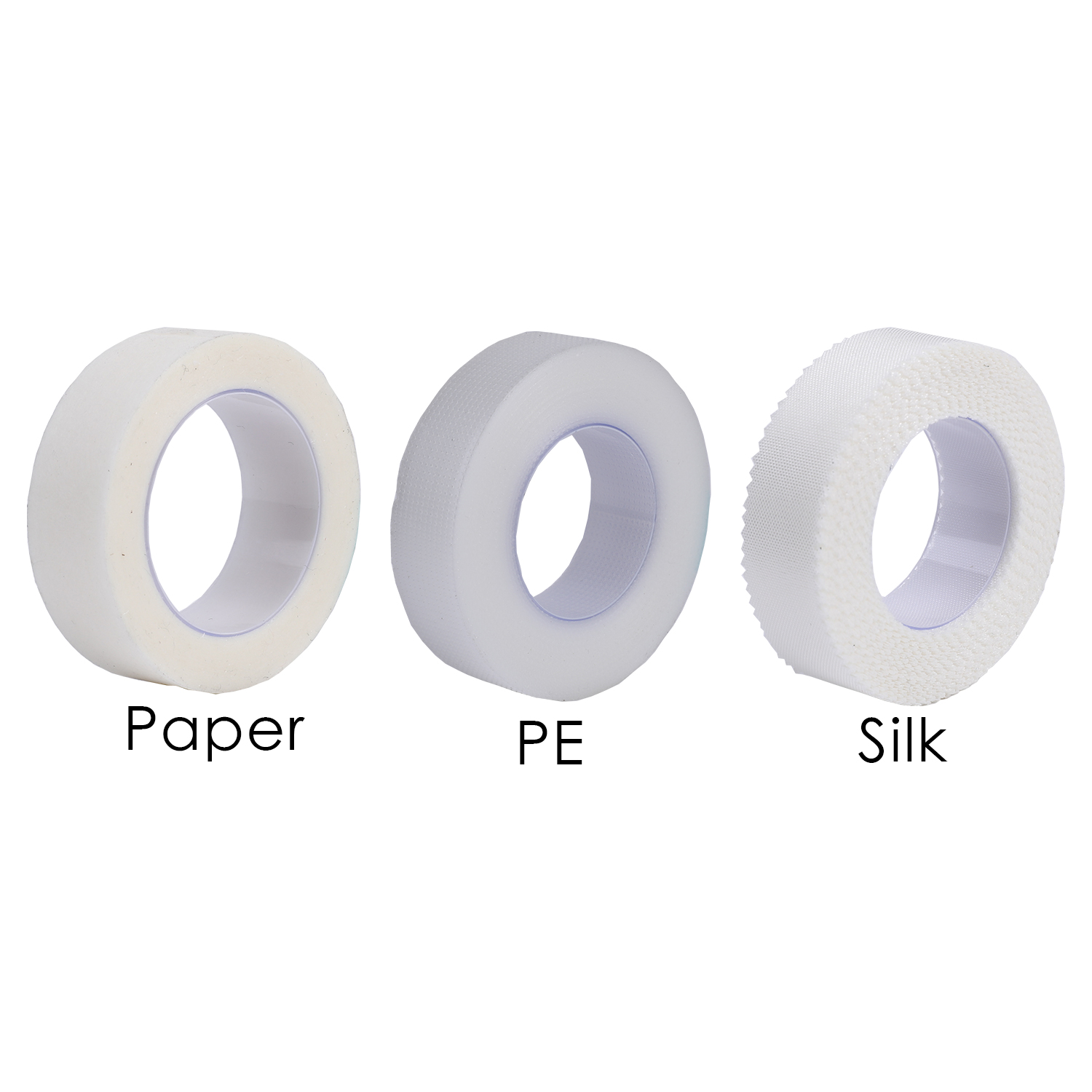
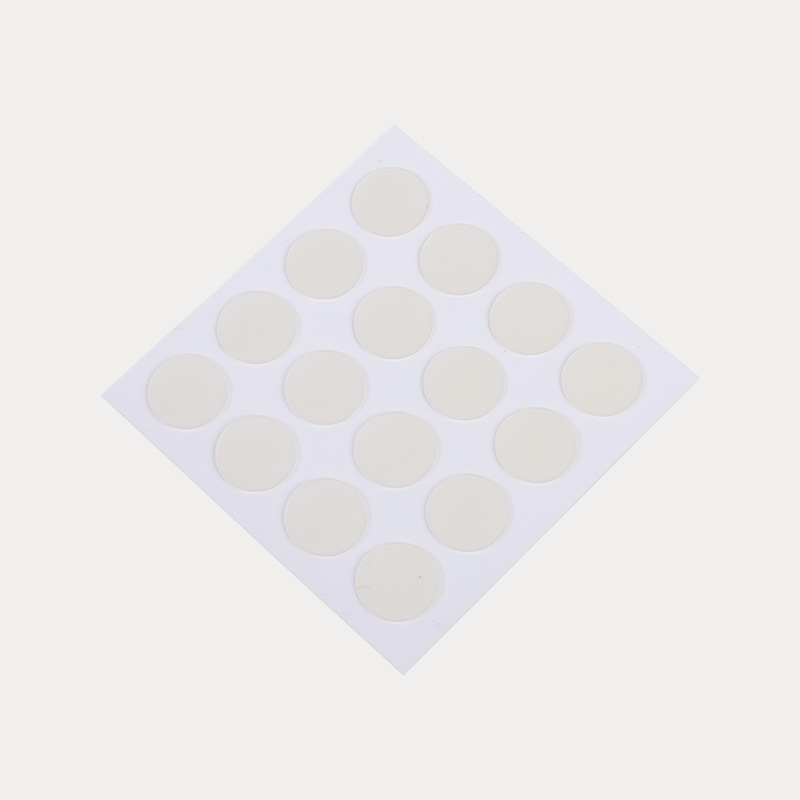
.jpg.png)
.jpg.png)


